The Narcissism Tax: Why We Must Stop Using “Narcissism” as a Punchline, and Start Treating It as a Governance Risk
In today’s cultural moment, “narcissist” has become the insult du jour. Scroll through social media or listen to casual conversation, and nearly every ex, every difficult boss, and every celebrity seems branded as narcissistic. We are living through what might be called a narcissism craze…a moment where the word is flung about so freely it risks losing all meaning.
But in the ultra-high-net-worth sphere, in the private boardrooms and sanctified corridors of family offices, narcissism is not just a cultural buzzword. It is a measurable governance risk. Left unaddressed, it functions like a silent levy, a Narcissism Tax that quietly drains wealth, destabilizes family bonds, and undermines succession.
Beyond the Buzzword: What Narcissism Really Is
To address it properly, we must move beyond caricatures. Narcissism is not simply vanity or inflated confidence. As Dr. Paul Hokemeyer reminds us in Fragile Power, the popular misuse of the term “results in self-destructive behaviors common to modern life” such as addiction, anxiety, and relational disconnection.
Clinically, narcissism is best understood as a defense. It is a façade of grandiosity built to protect against shame, abandonment wounds, and profound feelings of inadequacy. Behind the mask of omnipotence often lies a fragile sense of self, terrified of rejection.
As Hokemeyer underscores in Fragile Power 2.0, “having it all doesn’t guarantee security. Many wealthy individuals still feel unsafe, isolated, and objectified by society.”
That paradox, abundance on the outside, fragility on the inside, creates the very conditions in which power becomes brittle, relationships become strained, and leadership decisions suffer.
Narcissism is not strength, it’s camouflage. And the cost of maintaining the disguise is paid by the entire ecosystem.
The Narcissism Tax in Family Offices
So what does this look like in practice?
In family offices, narcissistic defenses show up in predictable, costly patterns:
• Ego-Driven Hiring: Executives and advisors are selected based on flattery rather than competence. This leads to misaligned teams, high turnover, and expensive blind spots.
• Strategic Rigidity: Family leaders cling to outdated strategies because admitting error feels intolerable. Markets evolve faster than egos, and the family pays the price.
• Succession Sabotage: A patriarch or matriarch resists handing over the reins, not because the next generation is unprepared, but because relinquishing power threatens their sense of relevance. Deals stall. Trust fractures. The office stagnates.
Each of these scenarios carries measurable costs: missed opportunities, litigation, reputational damage. Yet the deepest cost is relational. When narcissism governs, voices are silenced, trust erodes, and legacies become fragile.
Why Family Offices Are Especially Vulnerable
Family offices are uniquely susceptible to the Narcissism Tax because they operate in highly insulated ecosystems. Staff and advisors, dependent on the principal for livelihood and proximity to power, often become enablers. They cushion the leader from challenge, validate distorted perspectives, and unintentionally stabilize dysfunction.
Unlike public corporations, where boards and shareholder structures impose accountability, family offices are relationally governed. Without explicit psychological governance, unhealthy patterns can calcify unchecked.
Generational Dynamics and Narcissism
Hokemeyer’s work highlights another critical layer: the role of generational psychology.
First-generation wealth creators often possess an internal locus of control. They know who they are, with or without money. They can say, “I built this once, I can build it again.”
But heirs/next-gen or spouses frequently wrestle with an external locus of control, haunted by questions like: Who am I if I didn’t earn this fortune? What value do I hold outside of it? That existential uncertainty can trigger narcissistic defenses such as rigidity, domination, defensiveness, that play out in family offices and succession plans.
Understanding these distinctions is vital.
Without it, families mistake insecurity for entitlement and fail to address the underlying fragility.
Clearing the Narcissism Tax
Narcissism Tax is not inevitable. Families can identify and address it by weaving psychological intelligence into their governance structures. Three practical strategies that I utilize with my clients stand out:
1. Differentiate Person from Pattern
Labeling someone “a narcissist” is reductive and inflammatory. Instead, identify specific narcissistic behaviors-hyper-defensiveness, domination, lack of empathy. This distinction preserves dignity while creating space for accountability.
2. Integrate Psychological Governance
Just as families conduct financial audits, they can implement leadership audits that track relational health. Confidential coaching, facilitated feedback, and succession mediation reduce blind spots and build resilience.
3. Normalize Confidential Care
High-status individuals often resist traditional therapeutic support out of stigma or fear of leaks. Yet bespoke, discreet care models, tailored to the realities of UHNW life, are essential infrastructure. As Hokemeyer emphasizes, “having it all” does not inoculate against fragility. Accessing support and care is not weakness; it is legacy and wealth preservation.
From Fragile Power to Sustainable Legacy
When narcissism goes unexamined, wealth becomes fragile. Decisions orbit ego rather than vision. But when families confront it with clarity and compassion, they shift from fragile power…power over others, to sustainable power…power with others.
The payoff is transformative: stronger judgment, healthier teams, more seamless succession, better relationships and legacies that endure.
True wealth preservation is not just about compounding assets, it is about compounding trust. And trust cannot survive when ego rules unchecked.
We live in a culture obsessed with calling out narcissists. But for wealthy families, the real work is subtler and more strategic. It is not about diagnosing individuals but about recognizing patterns, mitigating risks, and embedding psychological governance into the very architecture of the family office.
Narcissism is real.
Its costs are measurable.
But it is not destiny.
When understood properly, and addressed with rigor, the Narcissism Tax can be cleared. And in its place, families can build structures of power that are not fragile façades, but durable legacies.

